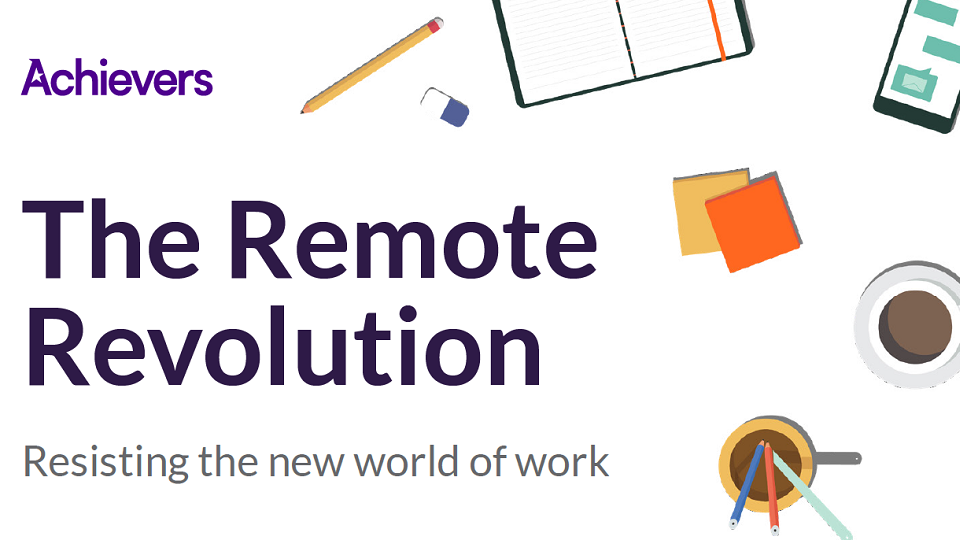Remote Revolution Rocks City Foundations
The once steady heartbeat of commuting crowds and bustling business districts has become a faint murmur in major cities across the globe. The widespread shift to remote work, spurred by the pandemic, is now triggering a wave of economic and social tremors that threaten the very core of urban living.
Commercial office spaces sit vacant, their towering glass facades reflecting a bygone era of long commutes and watercooler chats. Landlords face plummeting rental rates and grapple with mountains of unwanted square footage. Restaurants and cafes that once thrived on the daily office lunch rush struggle to stay afloat as their customer base dwindles.
The financial woes cascade outwards. City coffers, previously bolstered by hefty commercial property taxes, are taking a significant hit. With less money flowing in, essential services like sanitation and public transportation face cuts. The cultural fabric of cities, once nourished by the diverse mix of office workers, is also fraying. Local shops that catered to the daytime crowds report a significant decline in foot traffic. Museums and art galleries grapple with dwindling attendance as after-work visits become a relic of the past.
However, the impact extends beyond economics and culture. Urban planners warn of a looming housing crisis. With remote work decoupling residence from workplace, droves of professionals are abandoning city centers in favor of suburbs or exurbs, seeking more space and lower costs. This exodus could leave behind a glut of empty apartments, further depressing rental rates and property values.
The future of big cities hangs in the balance. Some experts believe that the shift to remote work presents an opportunity for reinvention. They envision cities evolving into hubs of innovation and cultural exchange, attracting residents with a focus on walkable neighborhoods, green spaces, and a high quality of life.
Others are less optimistic. They warn of a vicious cycle – declining tax revenue leading to reduced services, making cities less attractive, which in turn discourages further investment. This could lead to a hollowing out of city centers, transforming them into ghost towns of deserted office buildings and struggling businesses.
The long-term effects of the remote work revolution on big cities are yet to be fully understood. However, one thing is certain: the urban landscape is undergoing a seismic shift. Whether cities can adapt and thrive in this new era, or succumb to the aftershocks of the office apocalypse, remains to be seen.


Join the conversation